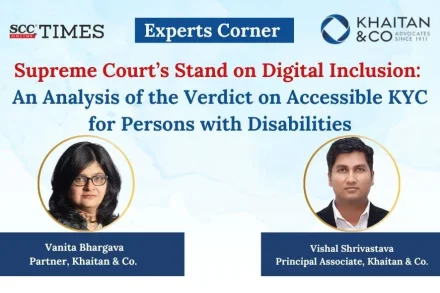
Supreme Court’s Stand on Digital Inclusion: An Analysis of the Verdict on Accessible KYC for Persons with Disabilities
by Vanita Bhargava* and Vishal Shrivastava**

by Vanita Bhargava* and Vishal Shrivastava**
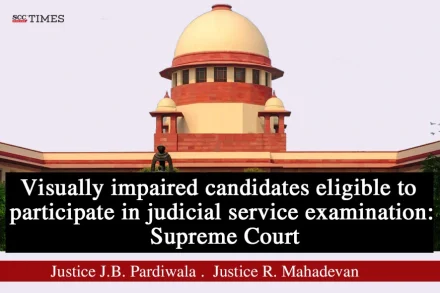
“The Constitution of India is blind to the differences between able-bodied and differently abled citizens in matters of providing equal opportunity to all citizens in all spheres of life, including employment, and envisages equality and non-discrimination.”
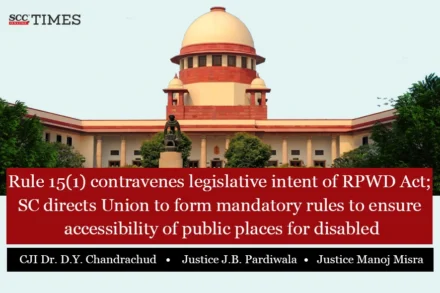
“While it is true that accessibility is a right that requires “progressive realization”, this cannot mean that there is no base level of non-negotiable rules that must be adhered to. While the formulation of detailed guidelines by the various ministries is undoubtedly a laudable step, this must be done in addition to prescribing mandatory rules, and not in place of it.”
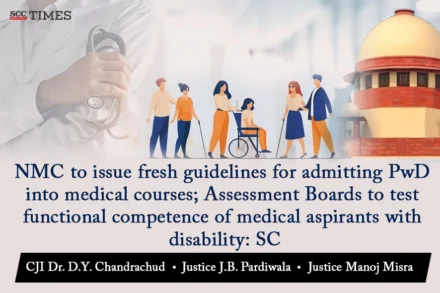
“Central to the principles of reasonable accommodation and the individualized experience of disability is the right to access legal protections without undue mental hardship. If persons with disabilities must repeatedly turn to the courts to correct the missteps of authorities, then the rights recognized by this Court and the RPWD Act risk becoming hollow assurances.”
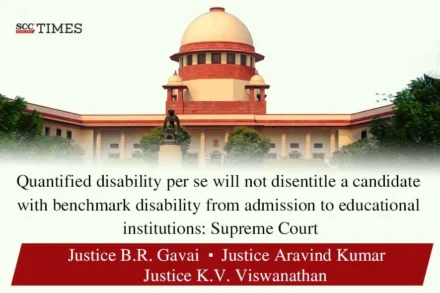
“It should be borne in mind that the RPwD Act which was enacted to give effect to the United Nations Convention on Rights of Persons with Disabilities – was with the objective of granting persons with disabilities full and effective participation and inclusion in society, grant them equal opportunity and to show respect for their inherent dignity, individual autonomy including the freedom to make their own choices.”
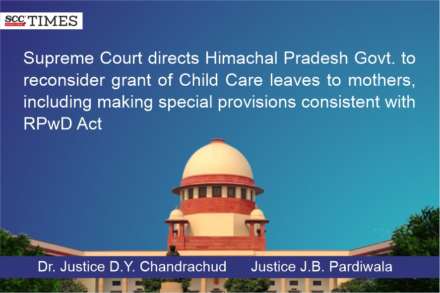
Participation of women in the work force is not a matter of privilege, but a constitutional entitlement protected by Articles 14, 15 and 21 of the Constitution; besides Article 19(1)(g).